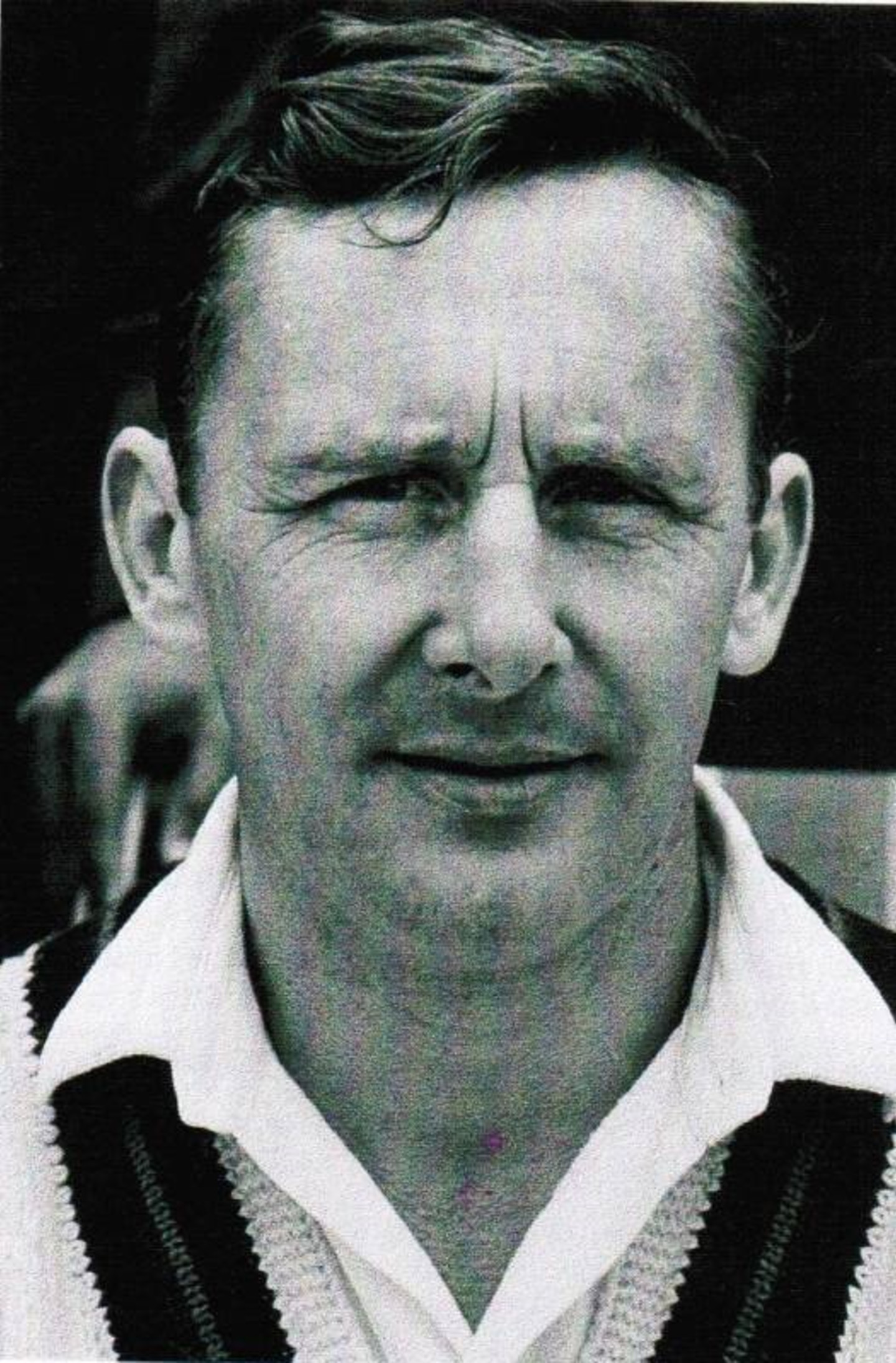On 5 December 1973, the appointment of Jack Bond as player-manager of Notts for the following season made press headlines...it was described as a unique position in County Cricket, he would captain the side and have a major say in team selection. Although in entirely different circumstances, Lords Harris and Hawke had similar, though unpaid, roles for Kent and Yorkshire – as did Brian Sellers in later times. Unlike those three worthies, Bond had no connection with his new county until his posting – Garry Sobers had led Notts in 1973 and would continue to play but stand down as captain.
Interviewed by Cricket Correspondent Mike Stevenson prior to taking up the post, Bond complained that he never had enough to do as Lancashire captain. ‘Now I’ve got a job (the Notts’ captaincy) that I can really get my false teeth into. If I can keep Garry awake long enough to get us some runs and wickets the captaincy won’t present any problems and I think delegation’s the answer with the coaching. I think I’ll put Barry Stead and Bill Taylor in charge of the batting and Pasty Harris can coach the bowling.’
Bond, who was known as the Little General at Old Trafford, had built his reputation as captain of Lancashire and a brilliant exponent of One-Day cricket. The Notts Committee hoped that he would be able to revive the fortunes of its team, which, despite the signing of the world’s greatest all-rounder, had been in the doldrums since the mid-1930s. The optimism he displayed unfortunately failed to revive Notts’s fortunes.
John David Bond was born in Kearsley near Bolton on 6 May 1932 and educated at Bolton School, winning the First XI fielding prize in 1949. After National Service he played for Walkden in the Bolton League, before being offered a post on the Lancashire staff in 1955. His enthusiasm and brilliant fielding were the skills that kept him on the staff at Old Trafford, for it was not until 1961 that he really established himself in the county first team and was awarded his county cap. The following season he hit 2,125 runs @36.01. A broken arm restricted his cricket in 1963 and having recovered he found himself captain of the Seconds. Lancashire had a modest playing record in the mid-1960s, led by Brian Statham, who decided to relinquish the leadership in 1968. To much surprise, the maverick Lancashire Chairman, Cedric Rhoades, rushed to sign Garry Sobers but lost out to Notts. Rhoades then invited first Bob Barber, then Alan Smith, to come to Manchester. Both declined. Bond was therefore a reluctant fourth choice but proved himself just the leader Lancashire needed. In 1969 and 1970 the county won the John Player League, the Gillette Cup in 1970, 1971 and 1972, as well as coming third in the Championship in l970 and 1971.
Bond accepted the post as the Lancashire coach when he decided to give up the leadership role at the close of 1972. As it happened the long standing coach, Norman Oldfield, had gone leaving the vacancy. Bond also captained the Seconds and the Under 25s. He was not happy with the combined role – more so when Lancashire refused to put him forward as a possible Test Selector. His friendship with the Notts Chairman, Jack Baddiley, gave him the opportunity to return to First-Class cricket. To everyone’s disappointment, Bond was unable to turn around Notts’s fortunes. In May 1974, the members called for an Extraordinary General Meeting. It achieved little, but Bond did, perhaps unknowingly, produce the answer to Notts’s difficulties. He recommended Clive Rice, whom he had seen both in Lancashire Seconds and local League matches, to Baddiley as a replacement for the ailing Sobers.
Bond moved to King William’s College on the Isle of Man. He remained there for five years until he was recalled to Old Trafford in 1979 to the newly created post of manager. Lancashire had a modest time and Bond was sacked in 1986 and Rhoades resigned the chairmanship. Bond was appointed to the First-Class umpires list in 1988, which he combined with running the Jodrell Arms at Whaley Bridge. He retired as an umpire in 1997. Away from cricket Bond had maintained a strong link with the family’s Methodist Chapel at Little Hulton, attending services as often as he was able.
John ‘Jack’ Bond died of Parkinson’s disease on 11 July 2019.
June 2020
Nottinghamshire First-Class Number: 468
See Jack Bond's career stats here
